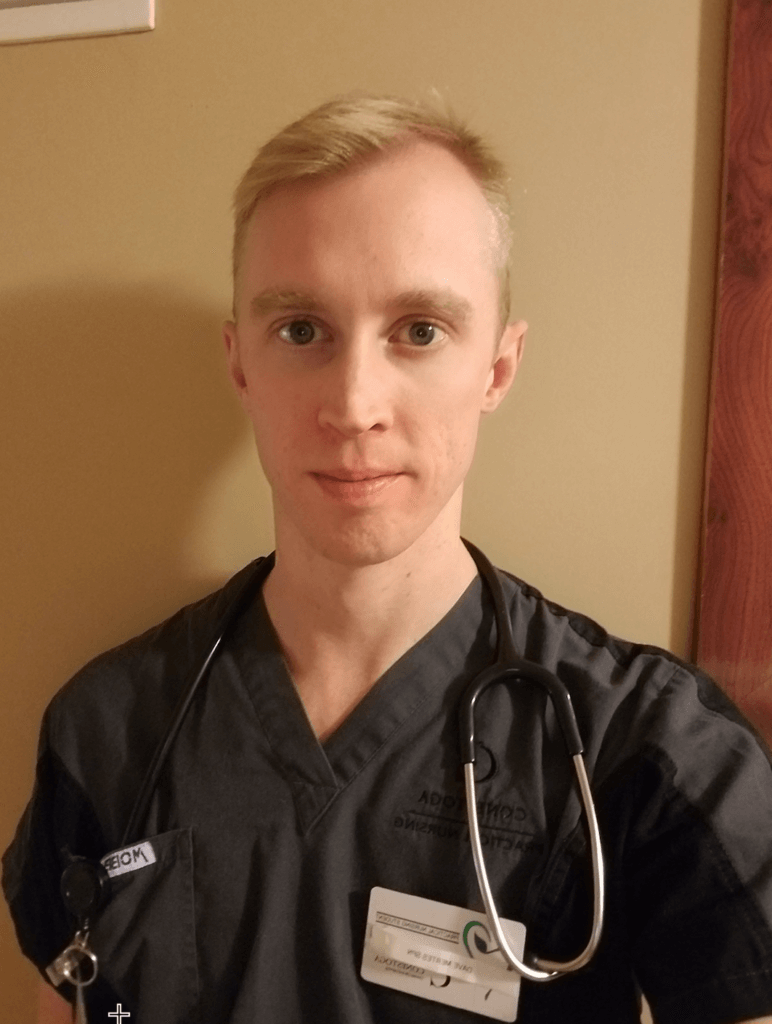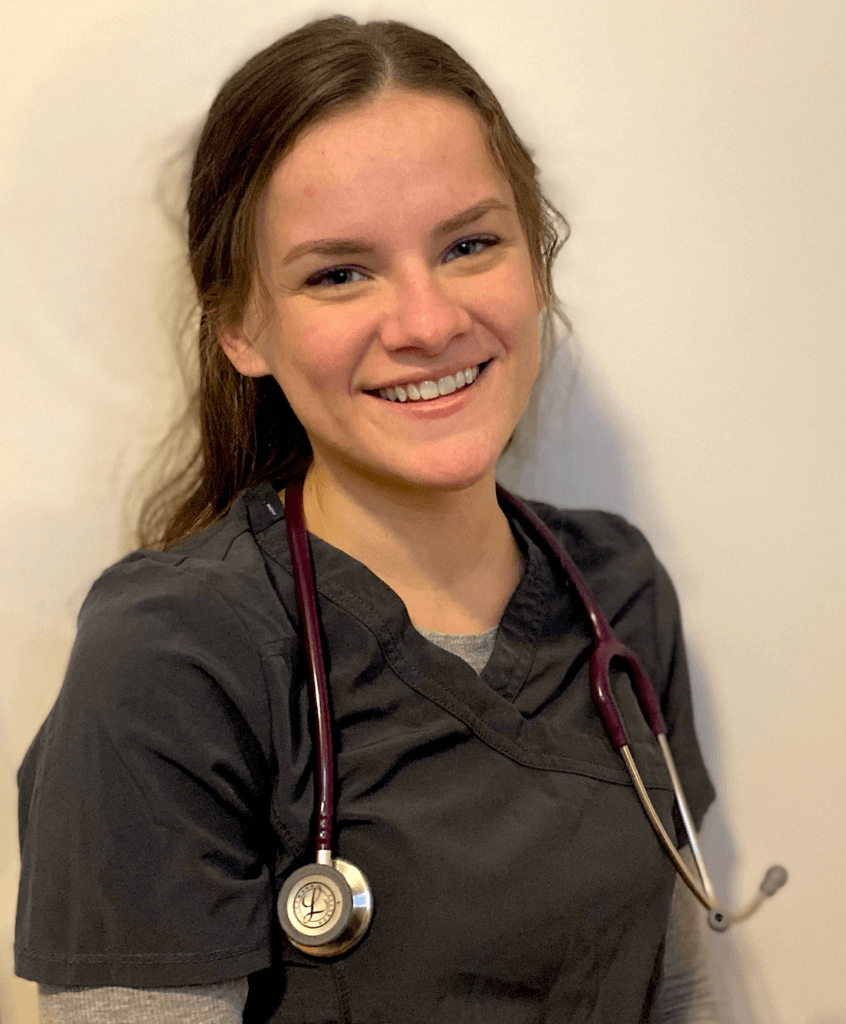A month before the winter semester, news hit for Conestoga students that class would remain online for January. While the continuation of remote learning was troubling for lots of students, can programs that require extra practical learning experiences afford any more remote learning?
Practical Nursing is one of Conestoga’s many programs that require students to learn from experience. This program has students completing field placements for most of the time they attend the college.
David Mertes, a second-year practical nursing student, says that working in the health-care system during a pandemic is not an easy task and that remote learning raises some concerns about the quality of their education,
“During our first placement, the potential of getting COVID either from our facility or brought in from our community was a stressor,” said Mertes. “Getting tested often shortened our breaks and we sometimes faced changing assignments if our patient had or was suspected to have COVID. It was difficult as an icebreaker to healthcare for many of us.”

Mertes has completed two placements this far into the program. While COVID-19 has posed a challenge for him, the overall experience has still been worthwhile.
“The experience was still positive as many of our cohort, myself included, became PSWs(personal support workers) as an educational opportunity during the summer,” said Mertes. “Our second placement went much smoother as we conveniently, and luckily, avoided the major waves of COVID-19 during fall 2021. We also had full, two-shot, vaccine protection. The quality and experience were extremely worthwhile and contributed greatly to my growth in the field.”
Many of Mertes’ classmates had similar experiences. Lydia Mead, also a second-year practical nursing student, feels that the pandemic has helped her prepare for her future career in nursing.
“I have gained new skillsets over the months,” said Mead. “I have gotten considerably better at ensuring that I have everything prepared and can get numerous tasks done at once every time I enter a patient’s room to limit exposure, which is a skill that nursing students previously weren’t required to have at this point in their career.”

Amber Anderson-Lunn, Conestoga nursing faculty, said the program has been altered over the course of the pandemic, to ensure COVID-19 protocols are met and that students are satisfied.
“In the practical nursing program students learn science and nursing theory alongside experiential hands-on components. Initially, in March 2020, delivery of labs was changed to a remote format and in-person placements were stopped due to the unknown nature of the COVID-19 virus,” said Anderson-Lunn.
“In fall 2020, labs were delivered in a mixed model of online and in-person. Field placements resumed, and students were caught up on missed hours and progressed to subsequent field placements. In this last year, all in-person labs have resumed. In field placement, students have more experience with COVID,”Anderson-Lunn said.
Mertes, Mead, and Anderson-Lunn, all stressed that this is the new normal for health-care environments, and future nurses must be flexible in an ever-changing pandemic, especially in an industry where COVID-19 is central.
“The purpose of placement is to prepare nursing students to enter the health-care system,” said Mead. “We are getting first-hand experience of what the health-care system currently looks like. Our experience may be considered ‘harder’ than what previous students have experienced, but every student I have met is more than willing to take on the challenge.”
The students said they are feeling resilient and confident in their abilities while preparing to enter a challenging and demanding field of work.

